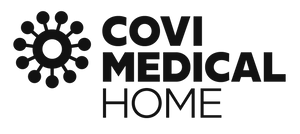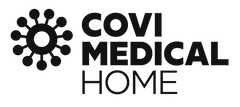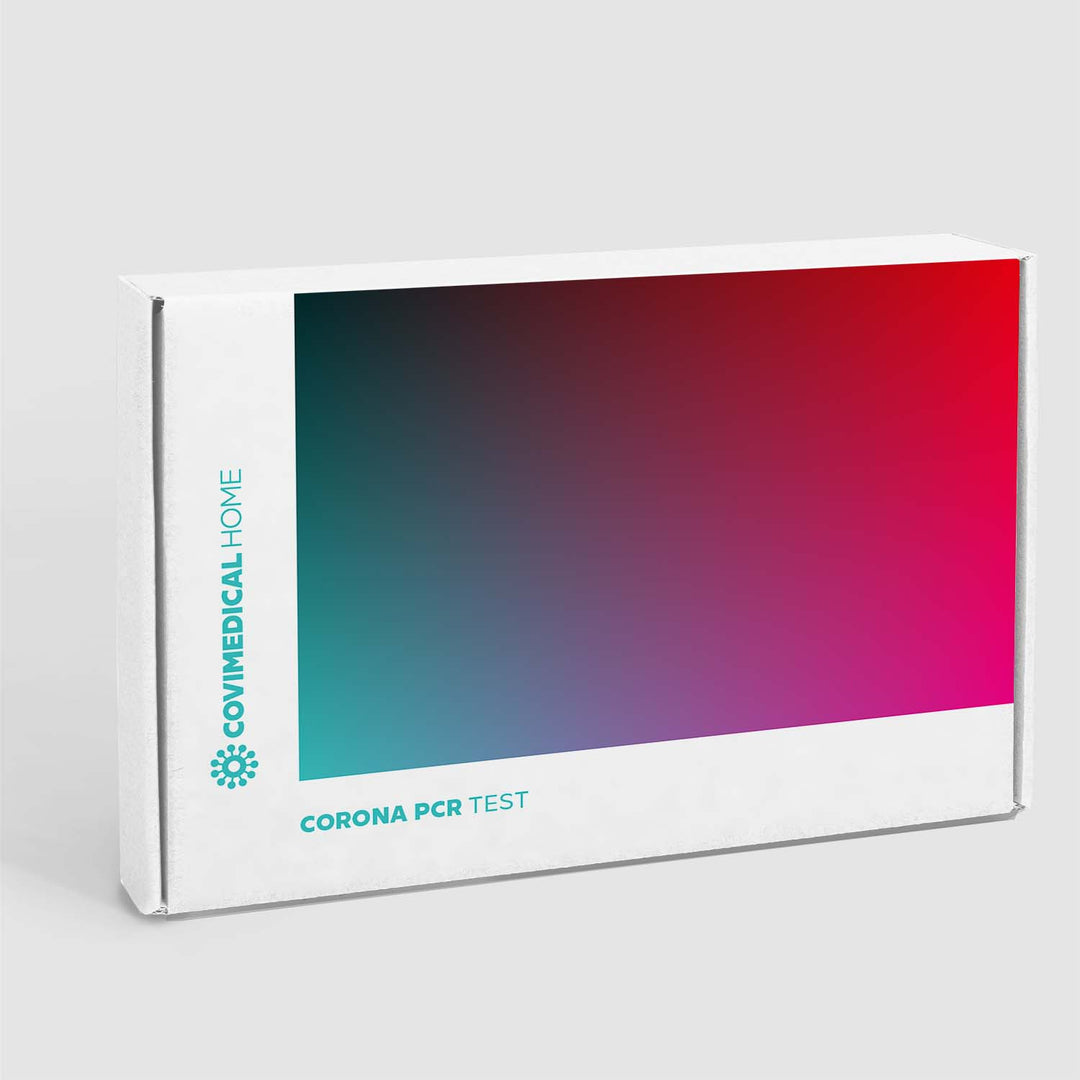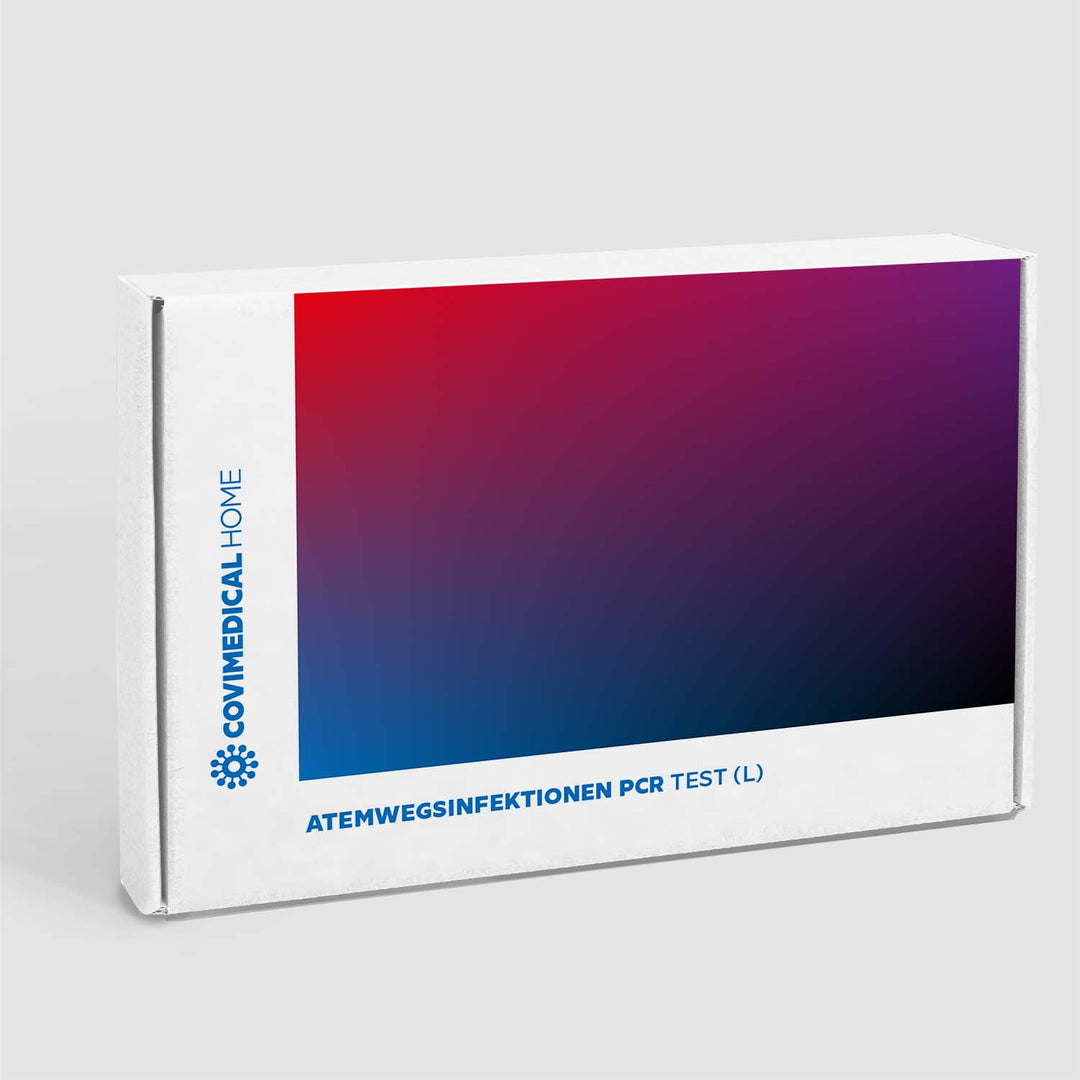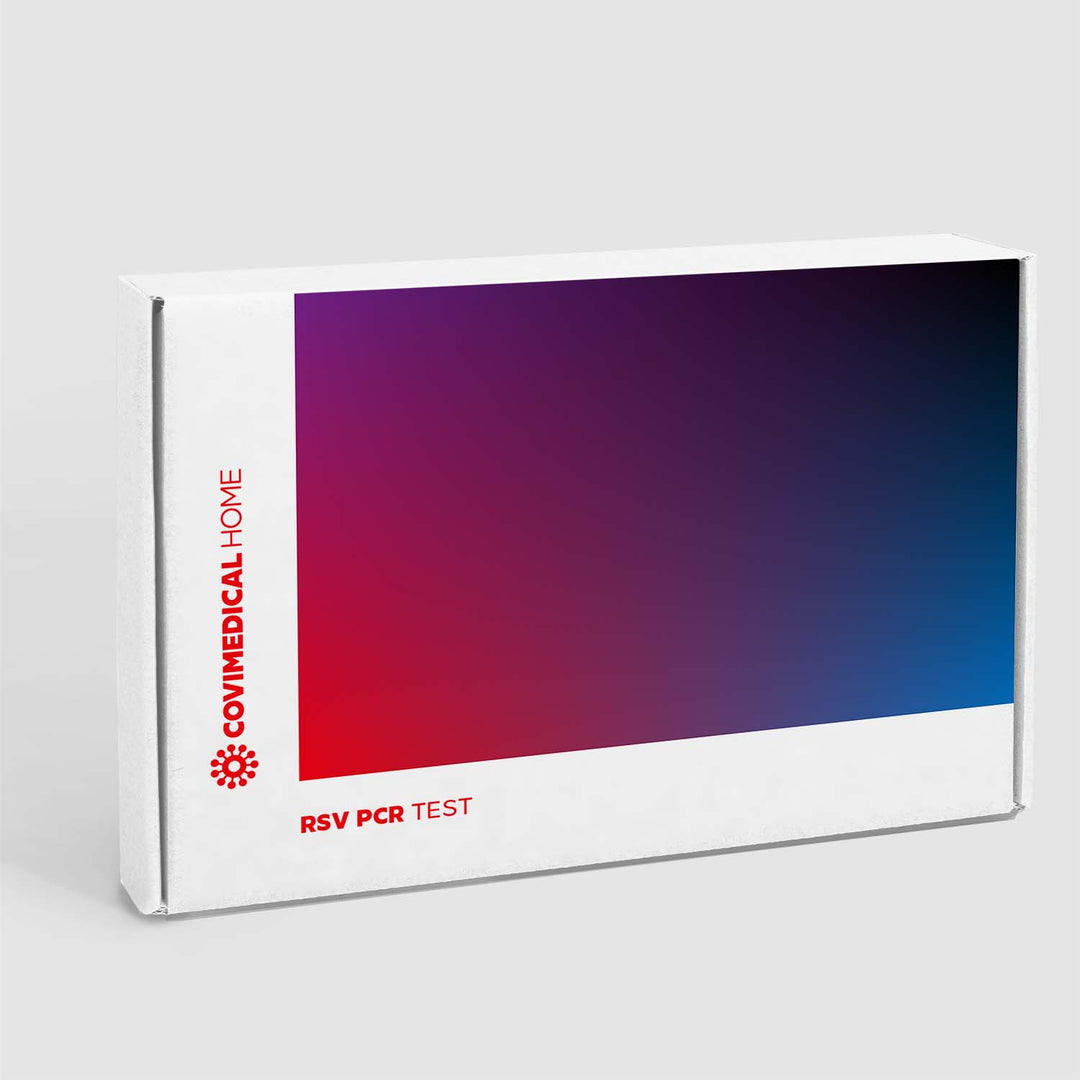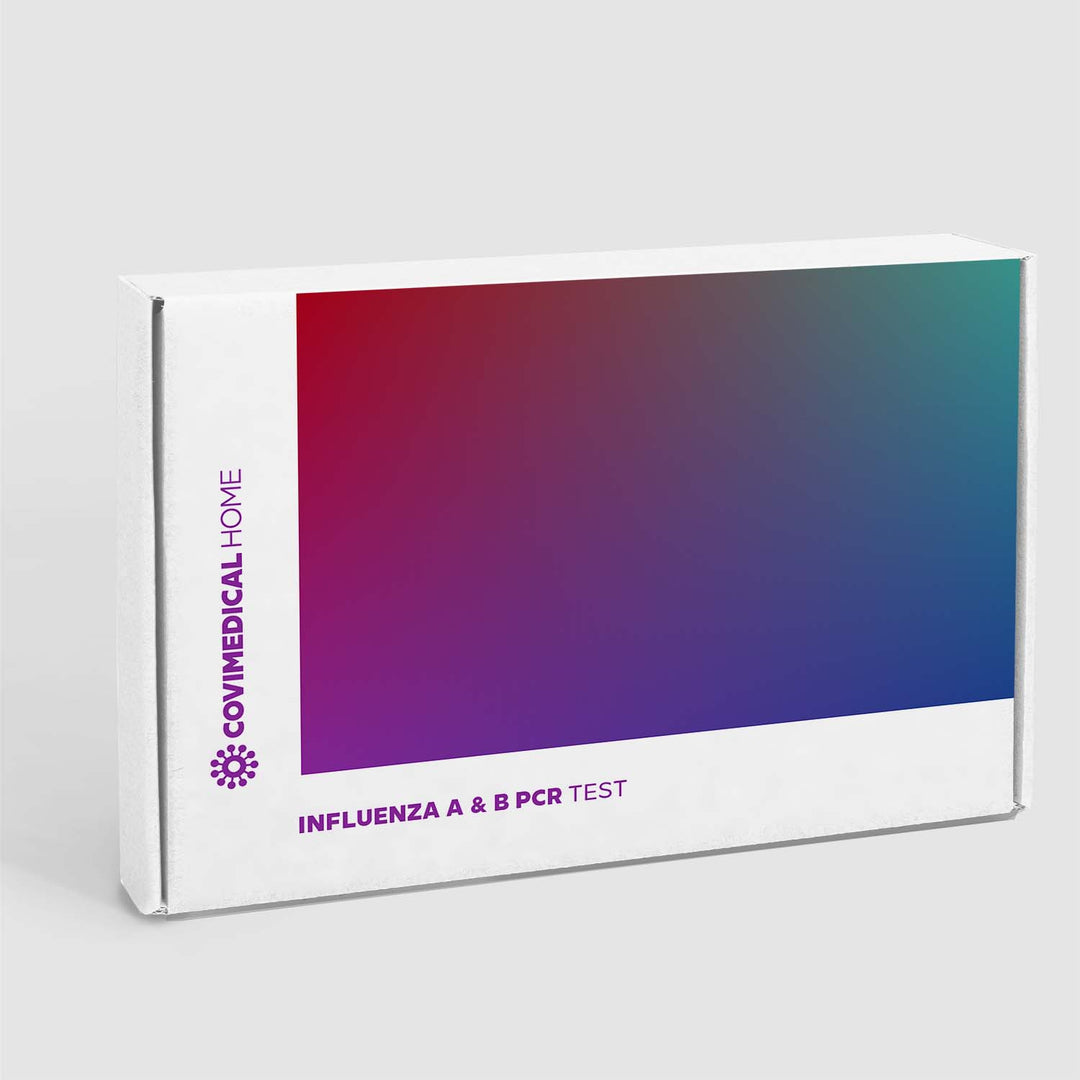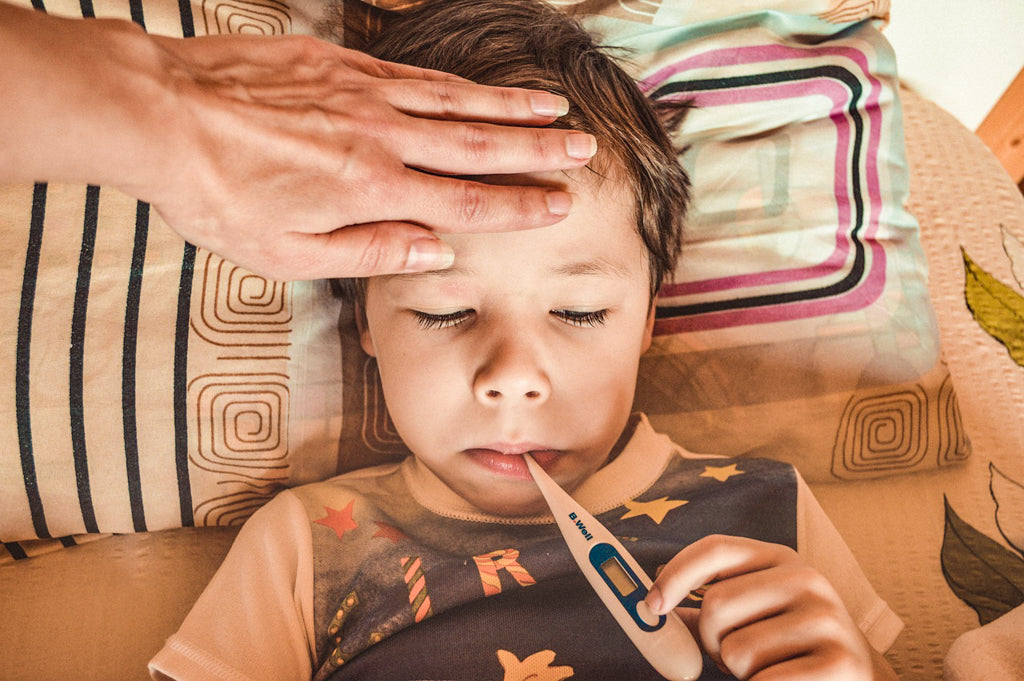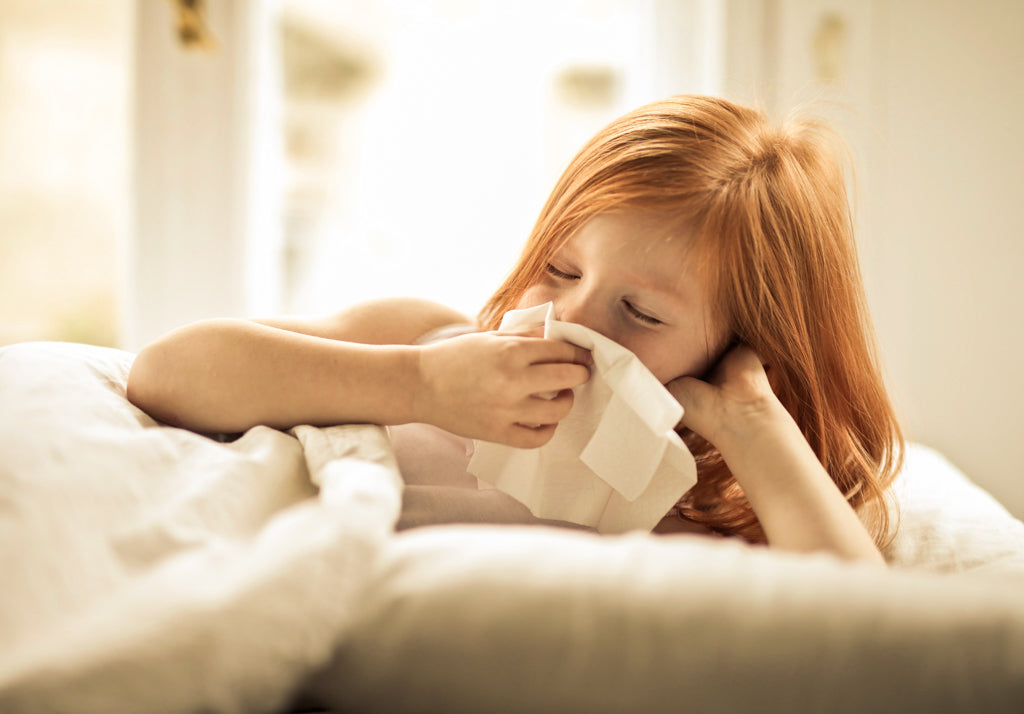RSV – omnipresent and yet forgotten?
Human Respiratory Syncytial Virus – a tongue-twister that few have probably heard of until winter 2022: Pediatricians in Germany are reporting an extremely sharp rise in RSV (Respiratory Syncytial Virus) cases among infants and toddlers. Practices and clinics are reaching their limits. RSV viruses attack the lungs and respiratory tract and can cause severe symptoms. There are currently no vaccines against RSV in Germany, but there is some news.
What are RSV viruses, and what are the symptoms?
Acute shortness of breath, intense coughing, and rapid breathing – particularly in small children, these are indicators of an RSV infection. RSV stands for "Respiratory Syncytial Virus," a very common virus that can cause respiratory diseases ranging from mild to severe, especially in infants, toddlers, and older adults.
While the world was already grappling with COVID-19 as a severe lung disease, in the winter of 2022, Germany experienced an RSV wave. Pediatricians found themselves at the limits of their capacities: compared to previous years, five times more infants and toddlers had to be treated with the virus in hospitals.
At the onset of an RSV infection, symptoms like cough, runny nose, or throat inflammation may appear. After one to three days, the infection can also affect the lungs and bronchi, leading to more severe coughing. The condition of infected children can deteriorate significantly, with loss of appetite and nausea, and in severe cases, acute respiratory distress. Due to bronchial mucus buildup, breathing out becomes difficult for the affected children, resulting in poor oxygen saturation and a bluish discoloration of the skin.
The tricky aspect of an RSV infection lies in its sometimes nonspecific symptoms that worsen rapidly, leading to numerous doctor visits in a short period. Therefore, children with the disease are often admitted for observation in hospitals.

Where did the RSV infection wave of 2022 come from?
Why was the RSV wave so severe in the winter of 2022? The health insurance company DAK-Gesundheit commissioned a study to answer this question, and the results support the suspicions of many doctors: The significant RSV infection wave in infants and toddlers is a so-called catch-up effect of COVID-19 measures. Due to contact restrictions and the closure of daycare centers and schools in the winter of 20/21, children were isolated from infections and couldn't develop antibodies. After the protective measures were relaxed, RSV infections increased significantly.
According to the Robert Koch Institute (RKI), up to 70% of children have an RSV infection in their first year of life, and almost all children have one by the age of two. However, due to COVID-19 protective measures, these infections were virtually absent.
According to the DAK analysis, extrapolated to all children living in Germany, about 17,000 children under the age of 12 months had to be hospitalized in the last quarter of 2022. This is five times more than in the same period in 2018. At the same time, the share in intensive care units increased by 350 percent.
How can I contract RSV?
The RSV virus is transmitted through droplet infection from person to person, for example, through coughing, sneezing, or contaminated objects. The virus can survive on hands for up to 20 minutes and, as scientists suspect, on contaminated surfaces for several hours, remaining contagious during that time.
In principle, individuals of any age can be infected, even if they have already had a "passive vaccination." There is no long-term immunity against RSV. People with pre-existing lung conditions, certain heart defects, or weakened immune systems are particularly vulnerable.
Vaccine approved in the EU
Efforts have been underway for decades to develop a vaccine against RSV, and now the vaccine from the British pharmaceutical company GlaxoSmithKline (GSK) has been approved in the USA and the EU – initially only for people aged 60 and above. The vaccine is set to be launched in the fall of 2023, just before the next RSV season begins.
A study on the effectiveness of the GSK vaccine already involved 25,000 people worldwide in the summer of 2021, with a focus on seniors. In Germany, 200 people over 60 participated in this study at the Würzburg Mitte Clinic. The effect in the subsequent RSV season in winter 2021/22 was significant, as reported by Chief Physician Prof. Tino Schwarz to the Augsburger Allgemeine Zeitung following the study: "The vaccine protected against a severe course in 94 percent and against milder RSV infections in 83 percent." Schwarz further stated, "The effect on seniors is impressive."
The race for the RSV vaccine is on, with many other pharmaceutical companies aiming to enter a potentially large market with RSV vaccines. Similar to COVID-19, these companies are leveraging mRNA vaccines. Pfizer and other companies have a second target group in mind: pregnant women. The idea is that a vaccination towards the end of pregnancy would allow the mother to transfer antibodies to the unborn child, providing protection in the first few months of life. This principle of antibody transfer is already applied in other vaccines, such as pertussis or influenza.

Moreover, research is underway for both active and passive vaccines. Besides vaccination shortly after birth, the administration of antibodies (passive immunization) is also being explored.
How is RSV testing conducted?
The most reliable method for detecting RS viruses in the human body is through a PCR test. This involves taking a nasal or throat swab or a gargle test, which is then analyzed in the laboratory. While rapid antigen tests provide quicker results, they are less specific and reliable. Blood tests are used to detect RSV antibodies, providing well-founded information about past RSV infections, but they are less useful for acute diagnosis.
Sources:
RKI - RKI guide - Respiratory syncytial virus infections (RSV) How safe are the new RSV vaccines from the USA? (faz.net) Würzburg: Fight against RS virus with help from Würzburg: The vaccine for seniors and pregnant women is coming so quickly (augsburger-allgemeine.en
